Project management is a challenging field because projects have a natural tendency to be unpredictable. Any given project can have unanticipated difficulties, roadblocks, and changes in scope. This unpredictability makes project management especially challenging because it requires keeping track of details and making sure that everything stays on track.
Project management software can help you stay organized by giving you a place to store relevant documents, keep team members updated, monitor progress, and more. There are many options for project management software out there; however, not all of them are created equal. Some programs are better than others for specific user case scenarios.
This article provides information about different types of project management software so that you can find the best option for your organization.
What is project management software?
Project management software is software that can help manage, organize, and assign tasks to team members. This type of software can help track progress, deadlines, and budgets for teams, manage members’ availability, and provide general organization for teams.
There are many types of project management software. The main features of these programs include task management, collaboration, requirements tracking, and more. These features can be used across industries and organizational types to help teams stay organized and productive.
Types of Project Management Software:
- Project management tools
- Task management software
- Collaboration software
- Requirements tracking software
- Team communication software
- Resource management software
Project management tools
Project management tools are used to help you manage your project as it progresses through its lifecycle. While project management tools can provide support for other areas like task management, collaboration, requirements tracking, and team communication, they specialize in the lifecycle of a project. There are a few things that make project management tools unique. One is that they are generally organized around a calendar.
Another is that they can hold large amounts of information. And lastly, they are more focused on managing the project as it is happening than other tools. Project management tools will offer a variety of features, but they typically include task management, resource management, collaboration, and reporting. You can use these features to help plan and track your project as it unfolds. You can also store relevant information in your project management tool so that it is easily accessible when you need it.
Task management software
Task management software is designed to help you break large projects down into smaller, more manageable tasks. This type of software is designed to help you track progress and manage these tasks to completion. Task management software can be integrated with other types of project management software such as collaboration software, requirements tracking software, and project management tools.
There are many features that make task management software stand out. One is that it is organized by tasks. Another is that it is easy to use and easy to understand. And lastly, task management software can be integrated with other tools so that you can easily move information between programs easily.
Collaboration software
Collaboration software is designed to help you and your team communicate more effectively. It can help you stay organized, track projects, and allow you to share information with team members easily. Collaboration software can be used both internally and externally. It can be useful when team members are located in the same place or when they are in different places around the world.
Collaboration software usually features a few main components. One is a calendar that helps you keep track of deadlines and appointments. Another is a messaging system for internal communication and a file sharing system for external communication.
Collaboration software can also be used for project management.
Requirements tracking software
Requirements tracking software is designed to help you track requirements and manage change requests. When you are working on a project, you will likely receive change requests along the way.
Requirements tracking software is designed to keep track of these change requests and assign them to team members so they can be resolved. There are a few features that make requirements tracking software ideal for project management. One is that it is easy to use. Another is that it is easy to integrate with other types of software.
Team communication software
Communication is key to managing a successful project. Team communication software is designed to help you and your team communicate more effectively. It can help you stay organized, track projects, and allow you to share information with team members easily. Communication software usually features a few main components. One is a calendar that helps you keep track of deadlines and appointments.
Another is a messaging system for internal communication and a file sharing system for external communication. Communication software can also be used for project management.
Resource management software
Resource management software is designed to help you track resources and assign them to projects. It can help you manage your team’s availability so that you know who is working on what and if they are getting everything done in a timely manner. Resource management software usually features a few main components. One is a calendar that helps you keep track of deadlines and appointments.
Another is a task management system that allows you to assign tasks to team members. Finally, a resource management system allows you to manage which team members are assigned to each project.
Conclusion
Project management software is designed to help you plan and track projects, manage tasks and assignments, and communicate with team members. There are many types of project management software, each with their own features and benefits.
Some of the best project management software solutions available are Microsoft Project, Podio, Trello, and Asana. These have a wide range of features that make them ideal for project management. They can help teams plan, track progress, assign tasks and manage change requests, communicate with one another, and more.






